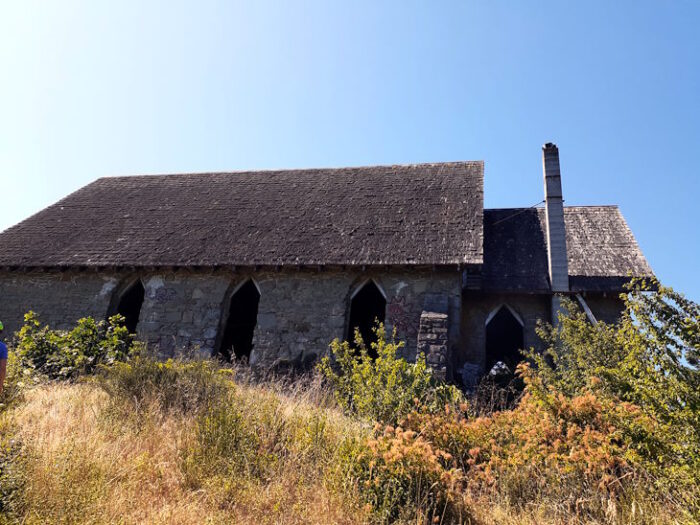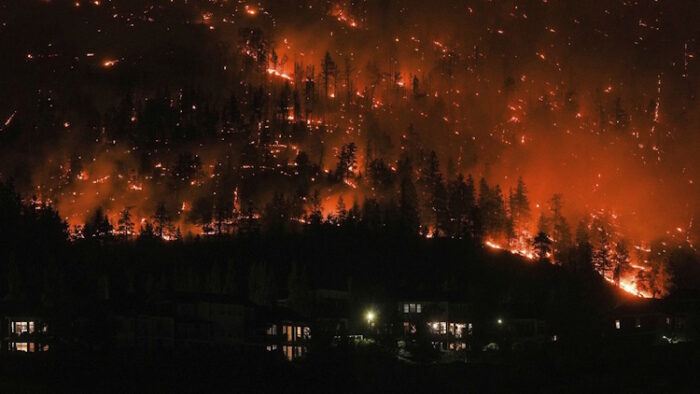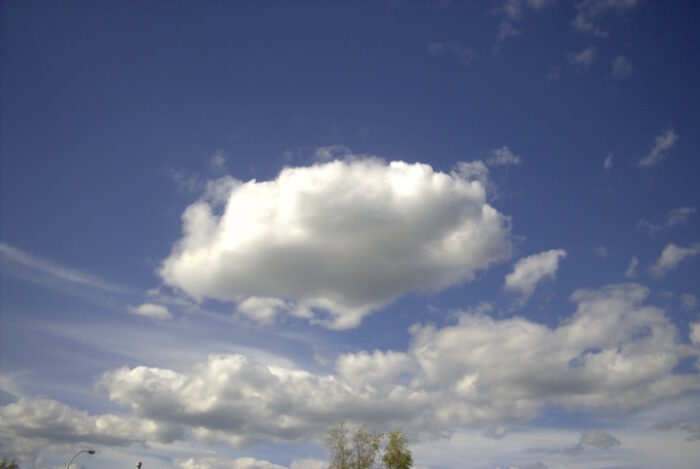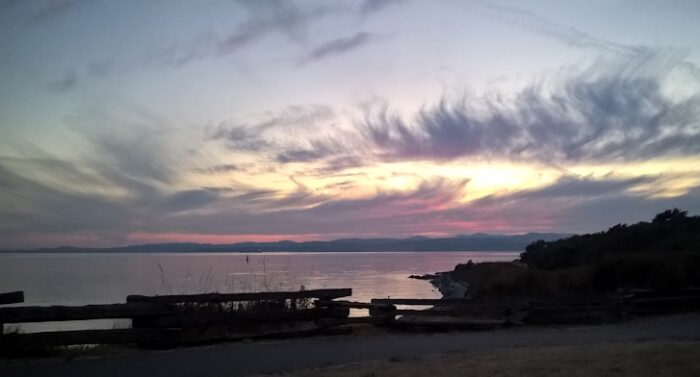Like many today, I practice my faith privately,
I go to the church of Shell Beach, Hart Lake, and Slack Point.
I’m greeted by sister Maple, and cousin Douglas,
and by a small but wondrous, assembly of Arbutus.
I have kneeled in moss among sword ferns and lifted my eyes
to the conifer boughs, through to the greenish blue of a patterned sky,
and said, aloud, the heavens declare the glory of God, and felt
the presence of Love, the Christ, the Holy Spirit, the Sacred Heart.
Despite all this notable company,
I don’t look for greatness in myself, how can I?
but simply, for a generosity of heart.
For we are made, I have read, not much inferior to the angels,
which gives one hope, yet I fear that that distance
is greater than my will with its hidden desires.
It cuts me quick and lays me open, that gospel of peace,
and forgiveness.
And I see, behind a heavy veil, within myself, there lies
a kind of malignancy, that darkly delights
in whatever news confirms my prejudice —
that hollow height, that, like hatred,
can only thrive when context is ignored.
As context calls for time, and a breath of humility,
to see one’s self from a distance, as one among many.
And in that distance, I hear the bells in steeples,
calling me to quit the forests, lakes and beaches,
and reenter the splintered community of souls,
where, Mary and task-full Martha, Judas and cunning Caiaphas,
the wasted prodigal, the jealous elder, the fine Samaritan,
ruthless Herod, hand-washing Pilate, Peter and the struck-blind Saul,
are all, well represented in the local parish.
And all of us, discretely drawn, to follow Mary Magdalene,
to that ancient tomb, and wait for the unknown gardener,
to speak our names.




